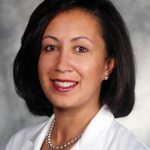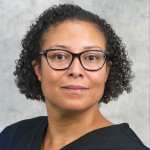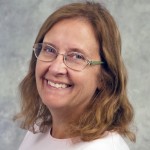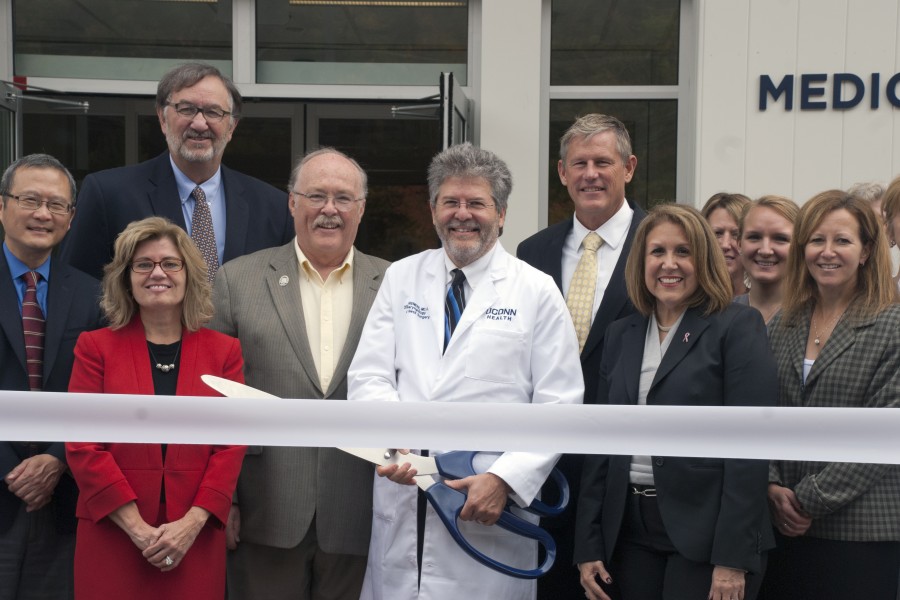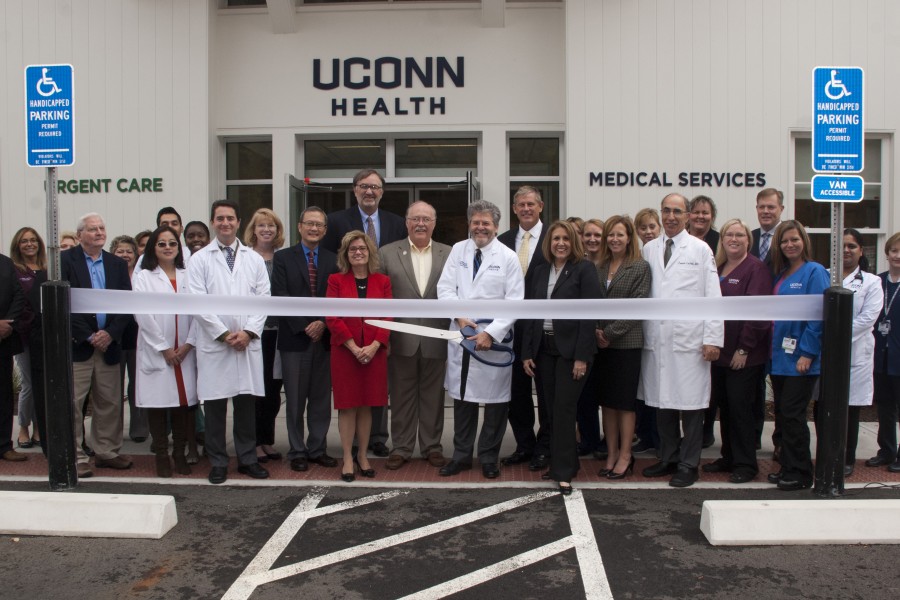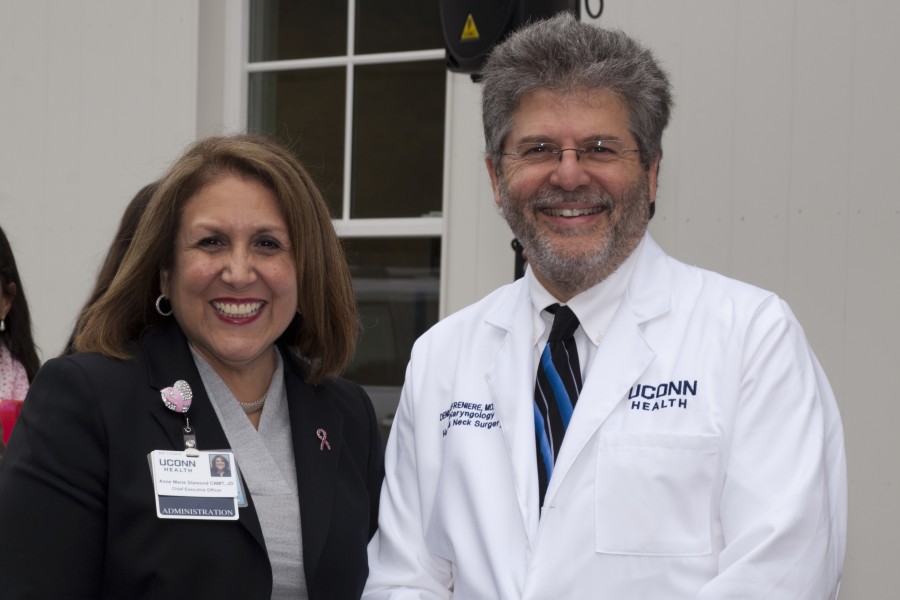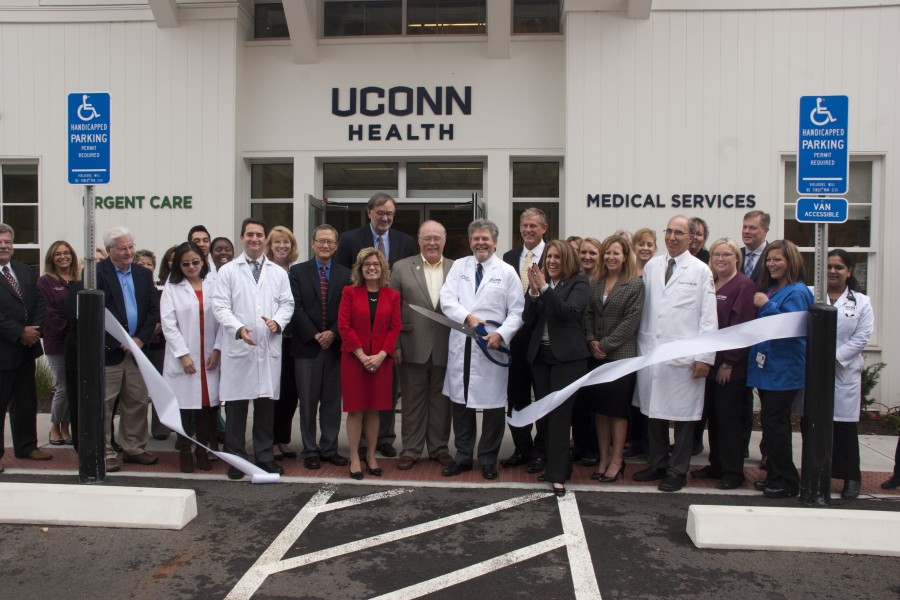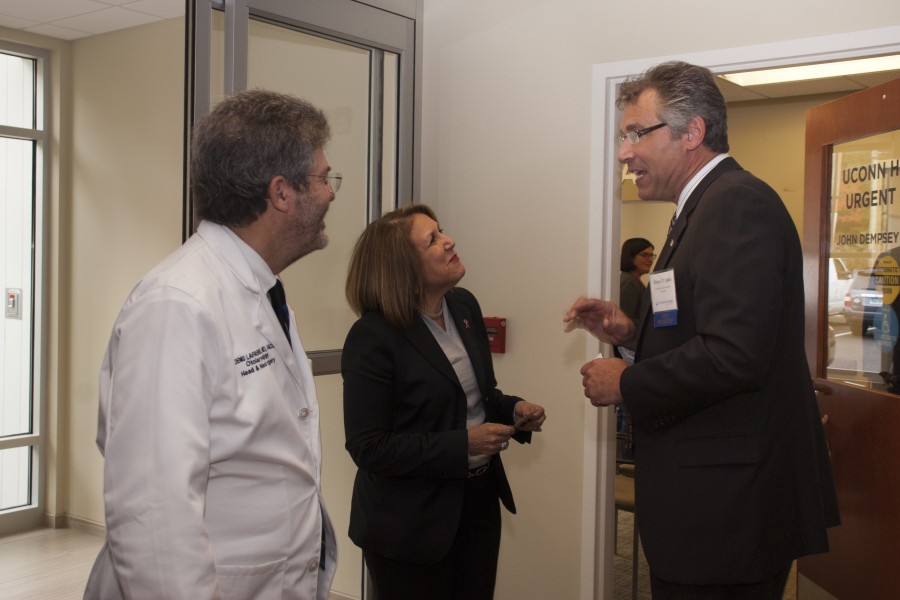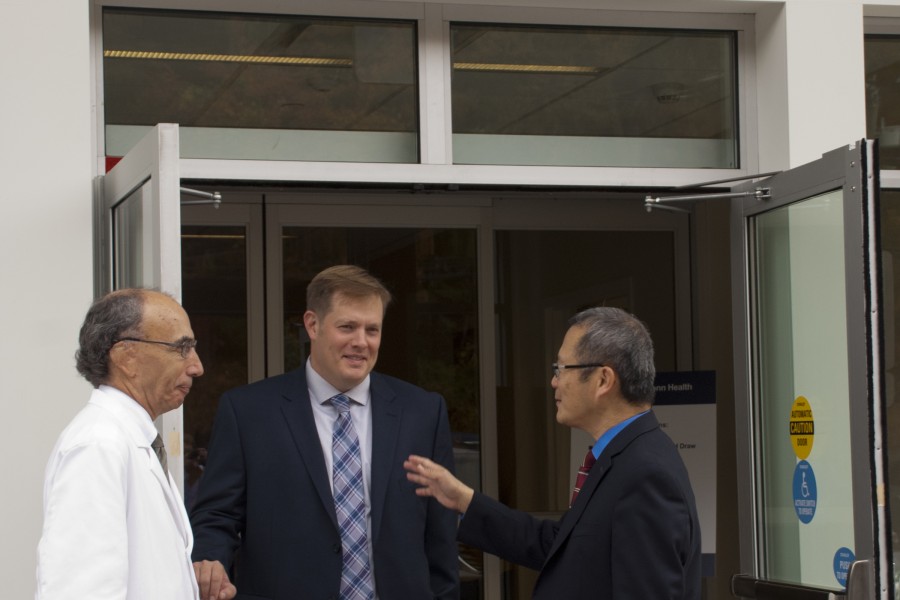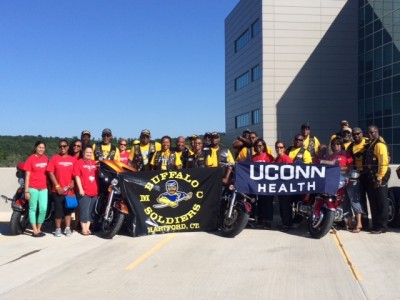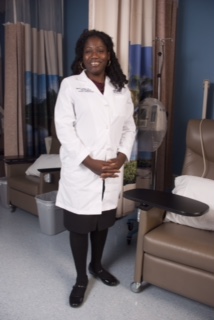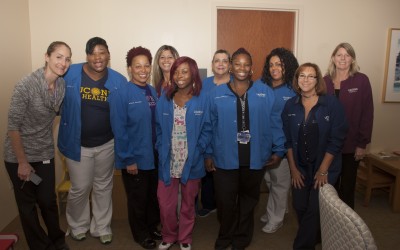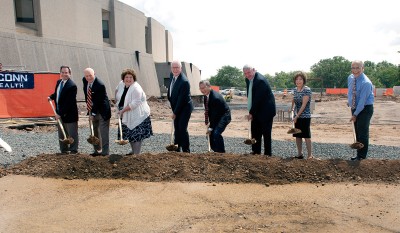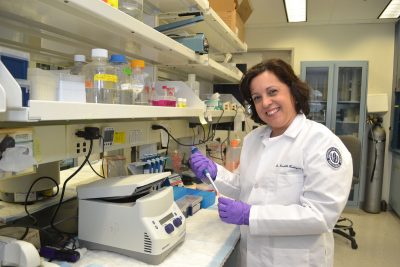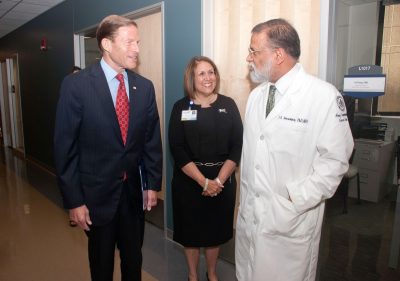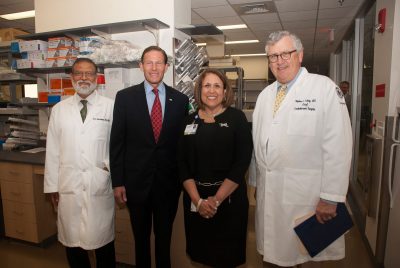By: Jessice McBride
An interdisciplinary group of UConn researchers has collaborated on an innovative graduate training program to achieve an important and ambitious goal: teach science and engineering students to successfully communicate technical concepts to diverse audiences.
Margaret Rubega and Robert Capers from UConn’s Department of Ecology and Evolutionary Biology, and Robert Wyss from the Department of Journalism, recognize that for scientists in all disciplines, the ability to effectively convey the importance of their research to non-scientists is critical to the success of research projects. That is why they developed a novel science communication program to prepare scientists to talk about their work and a way to measure their success.
“Effective communication in STEM is incredibly important for many reasons,” said Rubega. “Whether a scientist is trying to explain technical findings to a policymaker to enact change at the governmental level, to describe a technology’s potential to commercial partners to spur economic development, or just help a kindergartener understand a scientific concept—a STEM practitioner who can clearly transmit complicated, technical concepts to any audience is a valuable asset to her discipline and to society.”
The program, which has already seen successes in the classroom, pairs graduate students from STEM fields and journalism to increase verbal communication skills through interviewing. It also teaches the STEM students written and multimedia communication skills that can be applied to traditional, digital, and social media. Innovative assessment tools have been developed to allow researchers to validate that the program successfully increases both the activity and quality of communication amongst STEM graduate students.
“Science isn’t just about designing experiments and collecting data,” said Jessie Rack, a PhD candidate in EEB who took the course last year. “You need to be able to explain what you did and why, why you need money to do more or why the public should care. Unfortunately, scientific training doesn’t often include courses on communication, so this type of training is hugely useful and necessary.”
Rack is currently in Washington, D.C. for the summer where she is interning at the National Public Radio Science Desk, thanks to an AAAS Mass Media Fellowship. She credits the science communications course with preparing her for this opportunity
The National Science Foundation has provided substantial funding to continue to grow the program over the next three years in the form of a $500K Research Traineeship Award. The highly competitive program is designed to encourage the development and implementation of bold, new, potentially transformative, and scalable models for STEM graduate education training.
“For years, we have felt there was a need to do more to help students, both in journalism and the STEM fields, better communicate complex issues to the public,” said program collaborator Robert Wyss. “This NSF grant gives us that opportunity, and we are both grateful and excited by the opportunity.”
Both the NSF and the UConn researchers expect that this program will enrich, improve, and extend the knowledge base in STEM graduate student training, and are confident that it will serve as a model for universities nationwide.
UConn’s Office of the Vice President for Research applauds the researchers for their innovative project. The development of improved communication skills in STEM graduate education will ultimately produce a more informed citizenry, expanding public engagement and fostering greater understanding of some of the world’s most pressing scientific concerns.
For more research news and information, visit UConn’s Office of the Vice President for Research.
